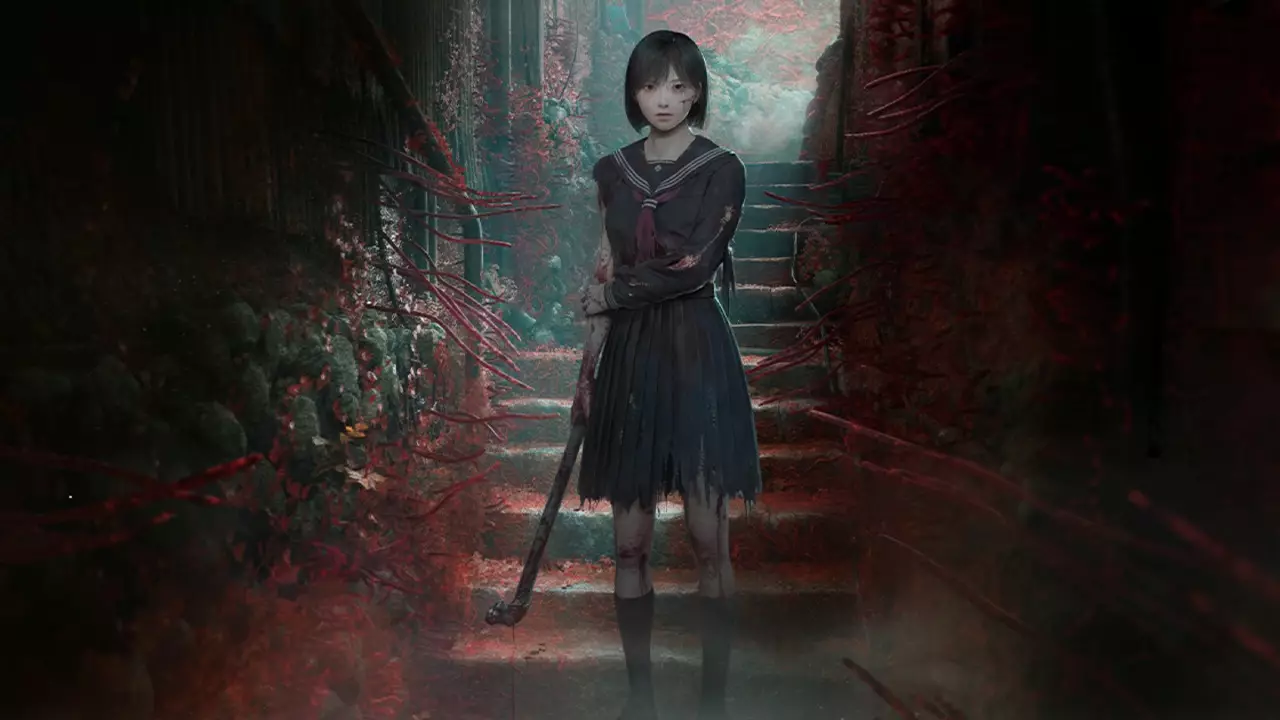For dedicated fans of horror gaming, the anticipation surrounding the Silent Hill series has been palpable. After a lengthy hiatus that left many feeling deprived of the chilling atmosphere that the franchise is known for, the unveiling of Silent Hill f has ignited excitement and curiosity across the gaming community. Unlike its predecessors, this latest installment shifts the narrative landscape significantly, taking players on a harrowing journey set in 1960s Japan. This dramatic transition to a new cultural context opens the door to profound storytelling and terrifying experiences rooted deeply in Japanese folklore and societal issues.
A New Protagonist and Her Struggles
At the heart of Silent Hill f is Hinako, a schoolgirl navigating the treacherous terrain of the isolated town of Ebisugaoka. The premise of a young girl confronting horrors—both physical and psychological—offers fertile ground for exploring themes of vulnerability, fear, and resilience. As players join Hinako in her battle against the oppressive fog and grotesque monsters, the narrative invites them to reflect on the pervasive societal issues that echo within her nightmares. The trailer showcases her discordant journey through eerie shrines and disorienting landscapes, emphasizing the toll that trauma can take on an individual. As her school uniform becomes bloodied, it speaks to the visceral experiences that the player will witness, heightening the stakes and deepening emotional investment.
Challenging Themes and Cultural Significance
Silent Hill f does not shy away from the darker aspects of human experience. The content warnings highlight uncomfortable topics such as gender discrimination, child abuse, and psychological instability, placing this installment firmly within the grasp of mature, thought-provoking horror. This thematic richness is hallmark to the horror genre, encouraging players to confront unsettling realities while wrapped in an engaging narrative. The involvement of creator Ryukishi07 is particularly notable, as his expertise in intertwining psychological horror with intricate storytelling promises a nuanced experience that resonates with both fans and newcomers.
A Shift in Horror Landscape
Historically, the Silent Hill franchise has had a strong connection to Western horror sensibilities, often reflecting cultural anxieties prevalent in that region. However, with Silent Hill f’s definitive pivot towards Japanese mythology and societal commentary, the potential to explore different facets of horror expands exponentially. The unsettling ambiance inherent in Japanese folklore, coupled with the psychological depths the series is known for, captures a uniquely terrifying experience that diverges from traditional narratives.
Furthermore, the 1960s setting augments the horror through its technological limitations; the absence of modern conveniences intensifies the character’s sense of isolation, making their struggles feel even more pronounced. It’s a brilliant stroke that emphasizes the timeless nature of fear, illustrating how some horrors transcend generations.
The excitement surrounding Silent Hill f lies not only in its potential for eliciting genuine terror but also in its comprehensive exploration of cultural and psychological nuances. With rich storytelling and a propulsive narrative, it seems poised to redefine the genre and bring fresh life to a beloved franchise, captivating audiences in ways that resonate far beyond the confines of the screen.


Leave a Reply